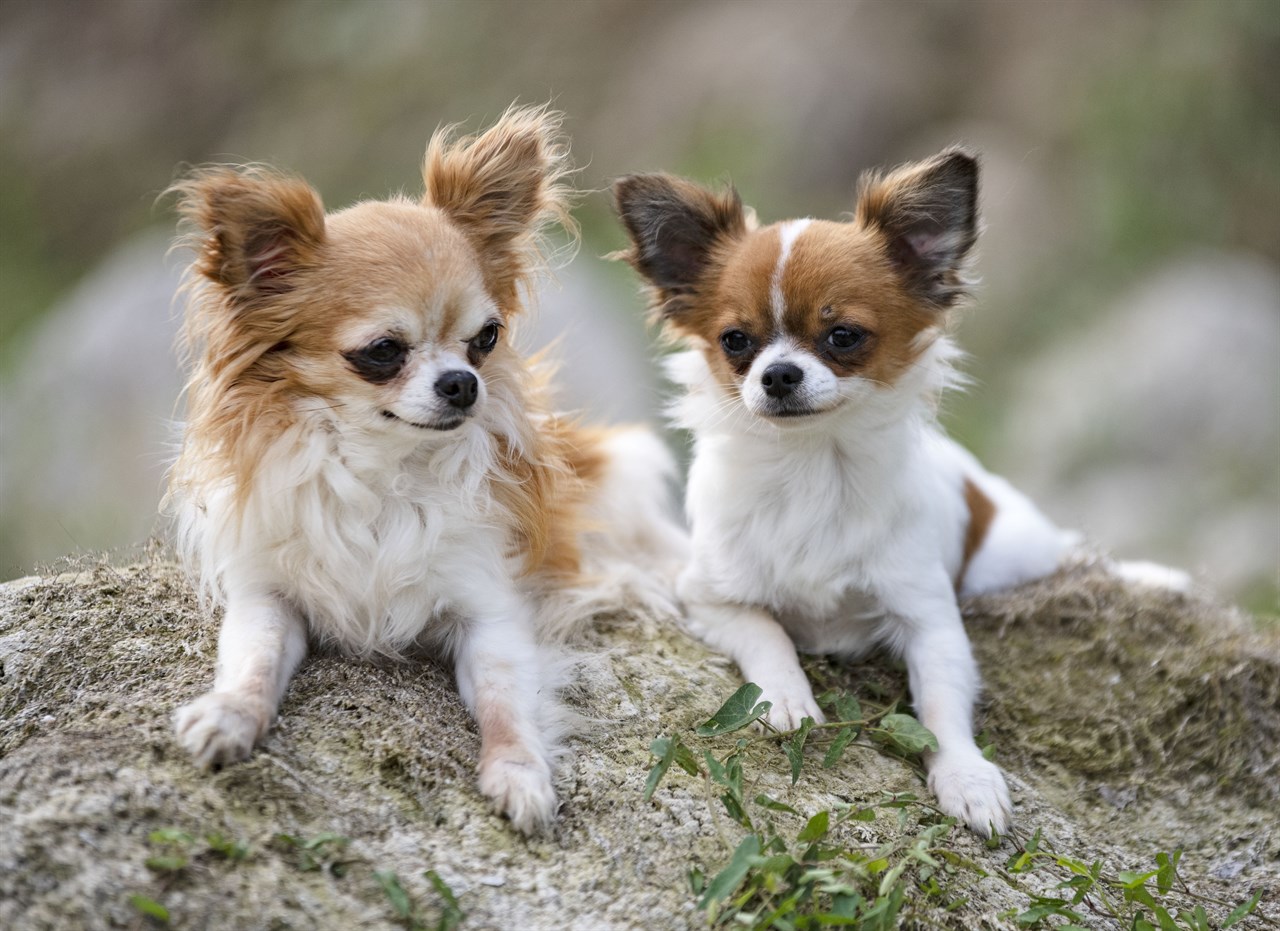Feeding Habits and Food Requirements of the Long Coat Chihuahua

Feeding your Long Coat Chihuahua a balanced and appropriate diet is crucial to their overall health and well-being. These petite dogs have unique dietary needs that should be addressed to keep them happy and healthy. Here's a guide to their feeding habits and food requirements:
Appropriate Portion Sizes:
Due to their small size, Long Coat Chihuahuas require significantly less food than larger breeds. It's important to follow the feeding guidelines on the dog food packaging and adjust portion sizes based on your dog's age, weight, activity level, and individual metabolism.
High-Quality Dog Food:
Choose a high-quality dog food brand that provides complete and balanced nutrition. Look for options specifically formulated for small breeds or toy breeds, as these are tailored to meet the needs of Chihuahuas and other small dogs.
Age-Appropriate Food:
Chihuahua puppies, adult dogs, and seniors have different nutritional needs. Ensure you're feeding your Long Coat Chihuahua an age-appropriate diet to support their growth and overall health.
Protein Content:
Chihuahuas benefit from a diet with a moderate protein content. Look for dog food that contains quality sources of protein, such as chicken, turkey, or fish. Protein supports muscle development and overall health.
Fat Content:
Dietary fat is essential for Long Coat Chihuahuas, as it provides a concentrated source of energy. Opt for dog food with moderate fat levels to maintain their energy and support a healthy coat.
Small Kibble Size:
Choose dog food with small kibble sizes that are easy for Chihuahuas to chew and digest. Smaller kibble also helps prevent dental issues.
Avoid Overfeeding:
Long Coat Chihuahuas are prone to obesity, which can lead to health problems. Avoid overfeeding and monitor their weight regularly. Be cautious with treats and ensure they are factored into the daily calorie intake.
Fresh Water:
Provide clean and fresh water at all times. Chihuahuas, like all dogs, need access to water to stay hydrated.
Avoid Table Scraps:
Resist the temptation to feed your Chihuahua table scraps or human food. Many human foods can be harmful to dogs, and overindulgence can lead to weight gain and digestive issues.
Special Dietary Considerations:
Some Long Coat Chihuahuas may have specific dietary requirements or allergies. If you suspect your dog has food sensitivities or allergies, consult with a veterinarian to determine an appropriate diet.
Feeding Schedule:
Establish a consistent feeding schedule for your Long Coat Chihuahua. Feeding at the same times each day helps regulate their digestive system and can aid in house training.
Avoid Free Feeding:
Rather than leaving food out all day (free feeding), offer set meals to monitor your Chihuahua's food intake and maintain a healthy weight.
Treats and Snacks:
Choose healthy, dog-safe treats and snacks for training and rewards. Be mindful of the calorie content and limit treats to avoid excessive calorie intake.
In summary, feeding a Long Coat Chihuahua requires careful consideration of their size, age, and specific nutritional needs. Providing a balanced diet, monitoring portion sizes, and maintaining a healthy weight are essential for keeping your Long Coat Chihuahua in optimal health and condition. Consulting with a veterinarian for dietary guidance is always a good practice to ensure your dog's nutritional needs are met.
Chihuahua (Long Coat) puppies for sale
- Find Chihuahua (Long Coat) puppies for sale in ACT
- Find Chihuahua (Long Coat) puppies for sale in NSW
- Find Chihuahua (Long Coat) puppies for sale in NT
- Find Chihuahua (Long Coat) puppies for sale in QLD
- Find Chihuahua (Long Coat) puppies for sale in SA
- Find Chihuahua (Long Coat) puppies for sale in TAS
- Find Chihuahua (Long Coat) puppies for sale in VIC
- Find Chihuahua (Long Coat) puppies for sale in WA